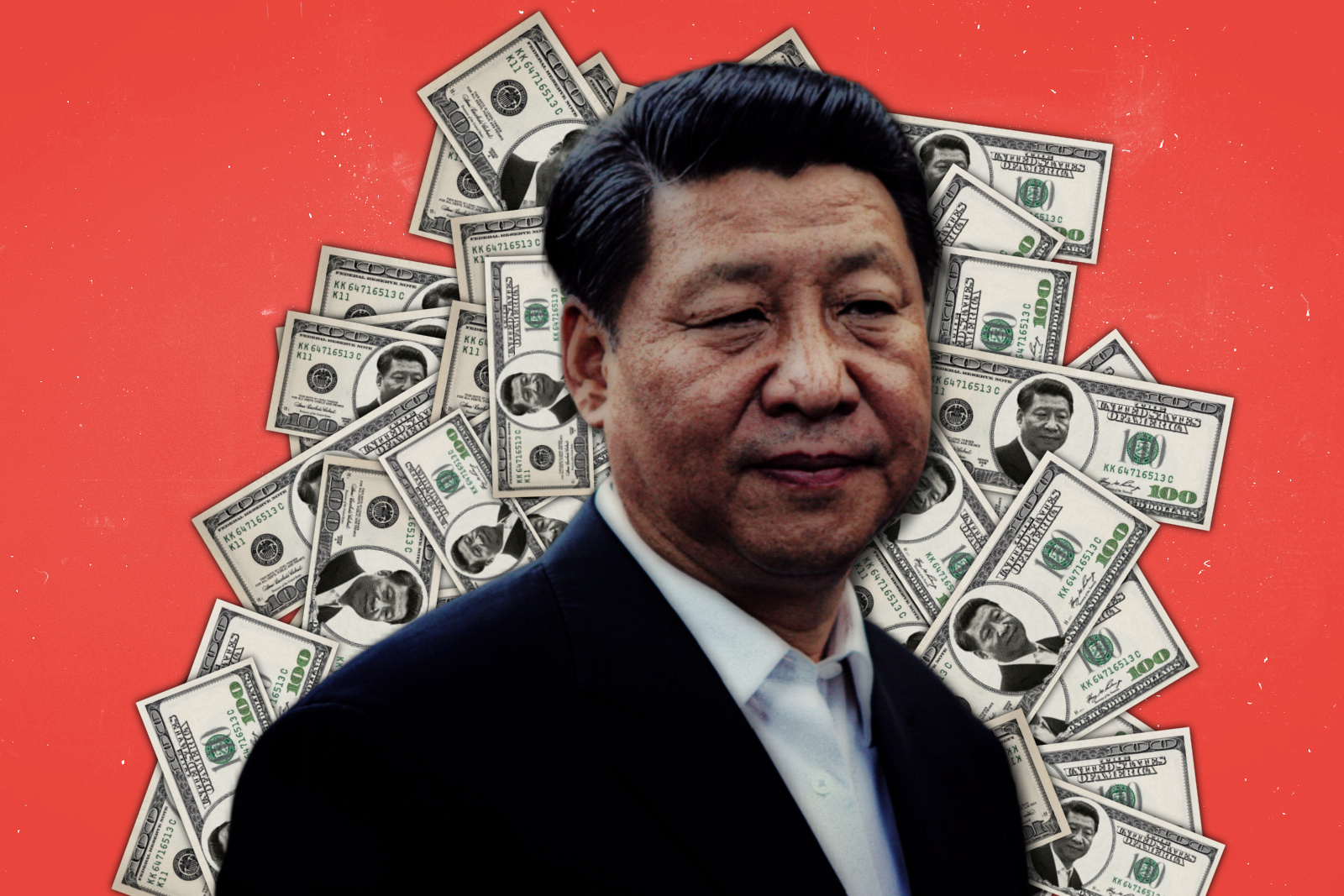
Mounting Challenges May Prompt Beijing to Act Rashly
BEIJING, China – The August temperatures are baking Beijing, so the party’s leaders are sampling the waters in Beidaihe, the summer resort north of the capital.
They can be forgiven for seeking distraction and a few days of relief. The news on the home front is pretty bleak. A major property developer, Country Gardens is teetering on the edge of bankruptcy. Youth (18-24 bracket) unemployment figures are so bad, at 25 percent, that they will no longer be released. This is a startling admission that the world’s second-biggest economy, a short time ago revving up its engines to overtake the U.S., cannot provide adequate employment for a crucial sector.
The economy is experiencing that terrible contradiction, negative growth.
Chinese graduates, who have benefited from their families making huge financial sacrifices, face bleak employment prospects and the chance of paying back, and eventually repaying and looking after their benefactors in old age, seems to fade more and more every day.
The country’s high-tech companies, who just a few years ago had genuine and well-founded hopes of being world leaders, now see their ambition manacled by a party hierarchy whose only goal seems to be to coral society’s innovative impulses.
With an eye to the destabilizing actions of the Wagner Group in Russia, President Xi Jinping replaced the leadership of the country’s nuclear forces.
The party has always sought to routinely display its absolute control over the military, an issue that has troubled its elders since the foundation of the People’s Republic. After all, they know more than most the truth of the phrase coined by Mao that power comes from the barrel of a gun.
A bid to boost domestic consumption by the State Council (the subservient cabinet) saw the release of a 20-point plan to encourage citizens to spend freely on vehicles, tourism, and home appliances. But people are not spending as much as they did before due to job insecurity and a general malaise as the economy braces for some testing times ahead.
The party is tightening its grip on society under the guise of an anti-corruption campaign. True, some cadres and leading figures have been arrested and imprisoned. But they tended to be beyond Xi’s group of supporters.
Naval clashes in the South China Sea and border skirmishes with India suggest the armed forces have a degree of autonomy unusual in a one-party state. Either that or the central authorities lack the ability to issue cease-firing orders efficiently.
Xi, now president for life, has seen his reputation stumble, especially since his COVID regulation volte-face at the end of last year. This was after a domestic outcry following TV coverage of the Qatar World Cup where thousands of soccer fans were seen without face masks. Questions were asked. How could a small country allow thousands of foreign visitors and not be worried about COVID while China, which was then largely cut off, was burdened by lockdowns and its population forced to mask up?
The temptation for Xi to restore his battered standing could result in acts of folly and recklessness concerning Taiwan.
Xi is acting with all the subtlety of a dynastic emperor from a previous era. Prior to Xi, all leaders since Mao, even the sleepy Hu Jintao, wanted China to learn from the world.
Xi wants the world to learn from China and seems belligerent in search of this goal. The West now treats China with suspicion and its potential regional allies see it as a threat.
A sense of hubris is identifiable.

